This is a set of points that travel in a straight line forever in either direction.
What is a line?
This is a part of a straight line that is defined by two distinct endpoints.
What is the definition of a line segment?
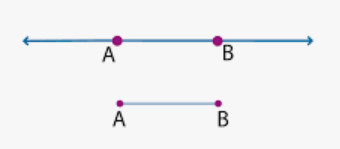
This is a line that has only one fixed endpoint that extends infinitely in one direction.
What is a ray? What is an example of a ray?
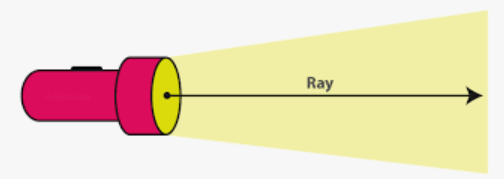
This is an angle that measures less than 90 degrees.
What is an acute angle?
This is the angle that, when added to the original angle, equals 90 degrees
What is its complementary angle?
These have 2 end points and they are considered to be sections of the line.
What are line segments?
This is when you find the distance between the endpoints on a line segment.
How do you calculate the length of a line segment?
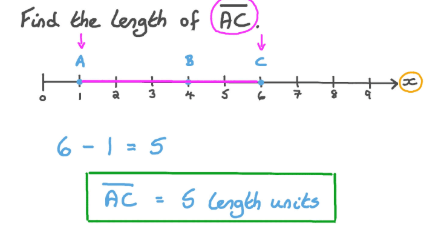
There is only one of these on a ray.
How many endpoints does a ray have?
This kind of angle has a measure of exactly 90 degrees.
What is a right angle?
These are defined as two angles whose sum is 90 degrees
What are complementary angles?
A line segment is a section of a line that has 2 defined endpoints.
What is the definition of a line segment?
This is how we would explain what a line segment would be like in our world.
What is a real-world example of a line segment?

This is when these are primarily used to form angles.
How are rays mostly used in geometry?
An obtuse angle differs from other angles by being larger than a right angle (90 degrees) but smaller than a straight angle (180 degrees)
What is an obtuse angle and how does it differ from other angles?
These kind of angles, when added together, equal 180 degrees.
What are supplementary angles?
Parallel lines are the same distance apart from one another and will never intersect.
What are the properties of parallel lines?
This is when you add together the endpoints on a line segment, then divide by 2 to find this part of the line segment; it is shown as: x1 + x2 / 2
How do you find the midpoint of a line segment?

To show this on a coordinate plane, plot the starting point (endpoint) as a solid dot, then draw a line extending infinitely in the desired direction with an arrow at the end to indicate that it continues forever in that direction .
How can you represent a ray on a coordinate plane?
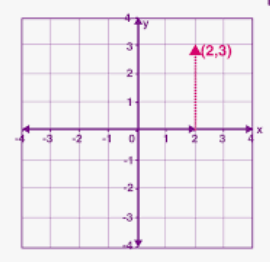
This kind of angle has two rays that make up the angle that are in the same position on opposite sides of a point.
What is a straight angle and what is an example of a straight angle?
The amount of this angle equals 135 degrees.
What is the supplementary angle to a 45 degree angle?
These are lines that meet or cross each other in a plane in only one spot.
What are intersecting lines? How can you describe them?
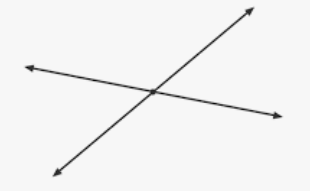
This is when you are trying to find how far between endpoints that one endpoint is from the other.
What is the distance formula used to find the length of a line segment between two points?
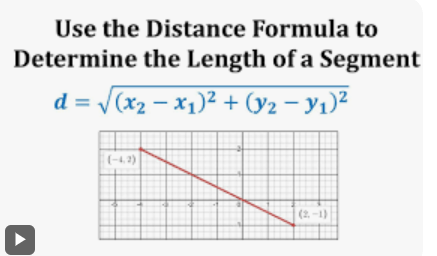
In geometry, this is formed when two of these share a common endpoint, called the vertex, meaning that they are the fundamental components that create an angle.
What is the relationship between rays and angles?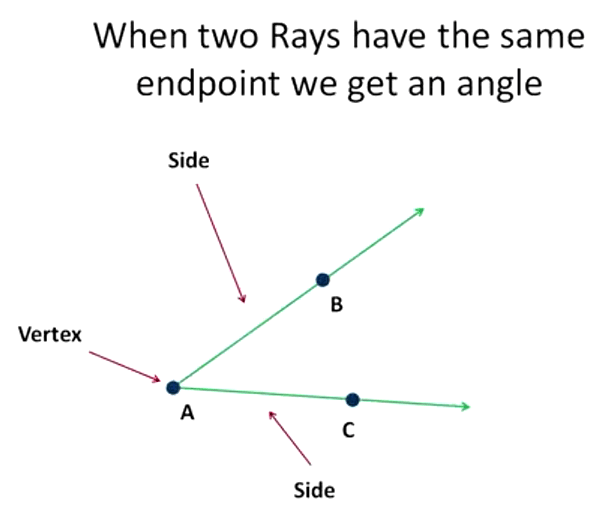
This is a tool used to measure angles in degrees that is typically shaped like a semi-circle and has markings from 0 to 180 degrees along its edge
What is a protractor and how can you identify the type of angle by using one?
When two angles are complementary and one angle is twice the other, we write the expression as:
<a + <2a = 90 degrees.
If two angles are complementary and one angle is twice the other, what are the measures of both angles?
a + 2a = 90
3a = 90; 3a/3 = 90/3
a = 30 degrees